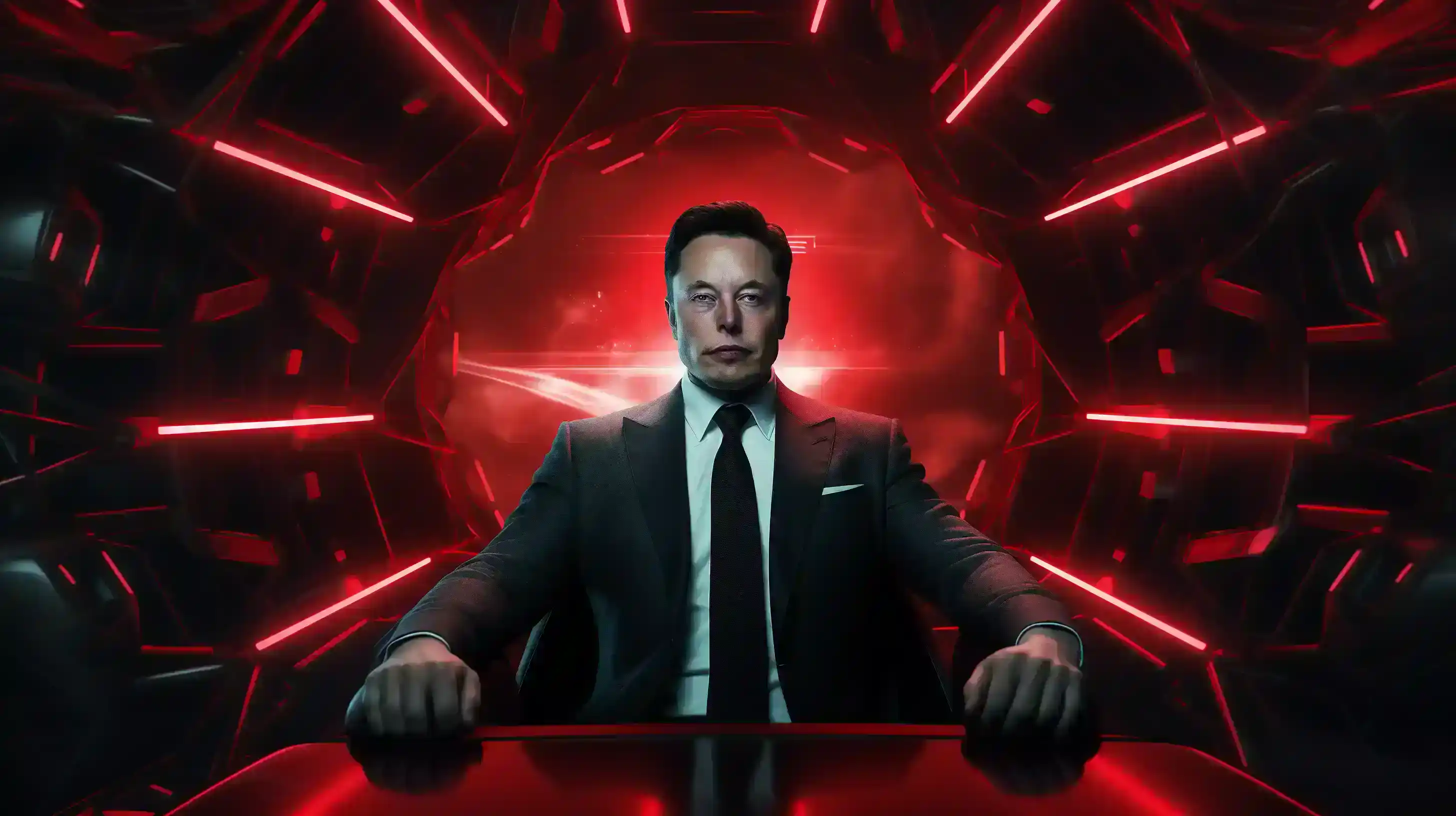Table of Contents
Tesla CEO Elon Musk, who also runs SpaceX and the social network X (formerly Twitter), has made a bold demand: he wants to have about 25% of Tesla voting control in his electric vehicle company, or else he will leave.
Musk currently owns around 13% of Tesla, or about 411 million shares out of the 3.19 billion shares in common stock outstanding, according to the company’s latest financial report for the third quarter of 2023.
That’s already a huge stake, especially since Musk sold billions of dollars worth of his Tesla shares in 2022, mainly to fund a $44 billion takeover of Twitter.
But now, Musk wants more say over Tesla’s future.
Why Musk wants more Tesla voting control
Musk wrote on X on Monday, “I am uncomfortable growing Tesla to be a leader in AI & robotics without having ~25% voting control. Enough to be influential, but not so much that I can’t be overturned.”
He added, “Unless that is the case, I would prefer to build products outside of Tesla.”
Musk argued that Tesla is not just one startup, but a dozen and that he needs more motivation than just stock ownership. He also implied that other large shareholders, such as Fidelity, are not as involved as he is.
Tesla did not comment on Musk’s post.
Musk’s statement contradicts his previous claims that Tesla is already a major player in AI and robotics and that its value depends on its expertise in these fields.

Tesla’s AI and robotics ambitions
In April 2022, Musk said during Tesla’s first-quarter earnings call that the company’s humanoid robot, Optimus, “ultimately will be worth more than the car business and worth more than full self-driving.”
Tesla revealed an early Optimus prototype at Tesla AI Day in September of that year, and Musk said in a post at that time: “The point of AI Day is to show the immense depth & breadth of Tesla in AI, compute hardware & robotics.”
More recently, on Dec. 27, 2023, Musk slammed Roth Capital senior research analyst Craig Irwin, who appeared on CNBC’s Closing Bell Overtime and said that Tesla was “egregiously overvalued,” especially compared to Japanese automaker Toyota.
Musk dismissed the comparison to a rival that has sold more hybrid electric vehicles than battery electric ones, and said on X, “He has the wrong frame of reference. Tesla is an AI/robotics company.”
While Tesla’s last annual or 10-K filing showed that about 95% of its revenue came from its “automotive” segment in 2022, in its third-quarter 2023 financial report, the company described its business as “increasingly focused on products and services based on artificial intelligence, robotics, and automation.”
Even on Monday morning, Musk posted a video clip on X showing the Optimus robot in development folding laundry at a table, though the robot was not autonomous but remote-controlled.
The challenges facing Tesla’s board
Musk’s desire to have more Tesla voting control will likely increase the pressure on Tesla’s board of directors in 2024.
The board already has to deal with several issues, such as setting appropriate CEO and director compensation, and addressing some investors’ concerns over:
- Musk’s divided attention and use of company resources as he continues to run SpaceX, X Corp., and other ventures alongside Tesla
- Musk’s controversial political and cultural comments, including recent posts criticizing corporate diversity and inclusion initiatives
- Federal investigations involving Musk and Tesla
- Worries over Musk’s drug use, recently reported by Wall Street Journal
Musk is also facing a trial in Delaware over his previous $56 billion pay package from Tesla. The unprecedented 2018 CEO compensation plan made Musk one of the richest people in the world.
Shareholder Richard J. Tornetta has sued Musk and Tesla, alleging that the CEO’s compensation was excessive and its approval amounted to a breach of fiduciary duty by Tesla and its board.
On Monday, Musk mentioned that Tesla’s board of directors will wait for the Tornetta case to be decided in the Delaware chancery court before establishing a new compensation plan for him.
He wrote: “The reason for no new ‘compensation plan’ is that we are still waiting for a decision in my Delaware compensation case. The trial for that was held in 2022, but a verdict has yet to be made.”
Referring to his demand for 25% Tesla voting control, he said: “If I have 25%, it means I am influential but can be overridden if twice as many shareholders vote against me vs for me. At 15% or lower, the for/against ratio to override me makes a takeover by dubious interests too easy.”
In an earlier trial in Delaware, several Tesla board members agreed last year to pay back $735 million to the company in a settlement agreement over their director compensation.